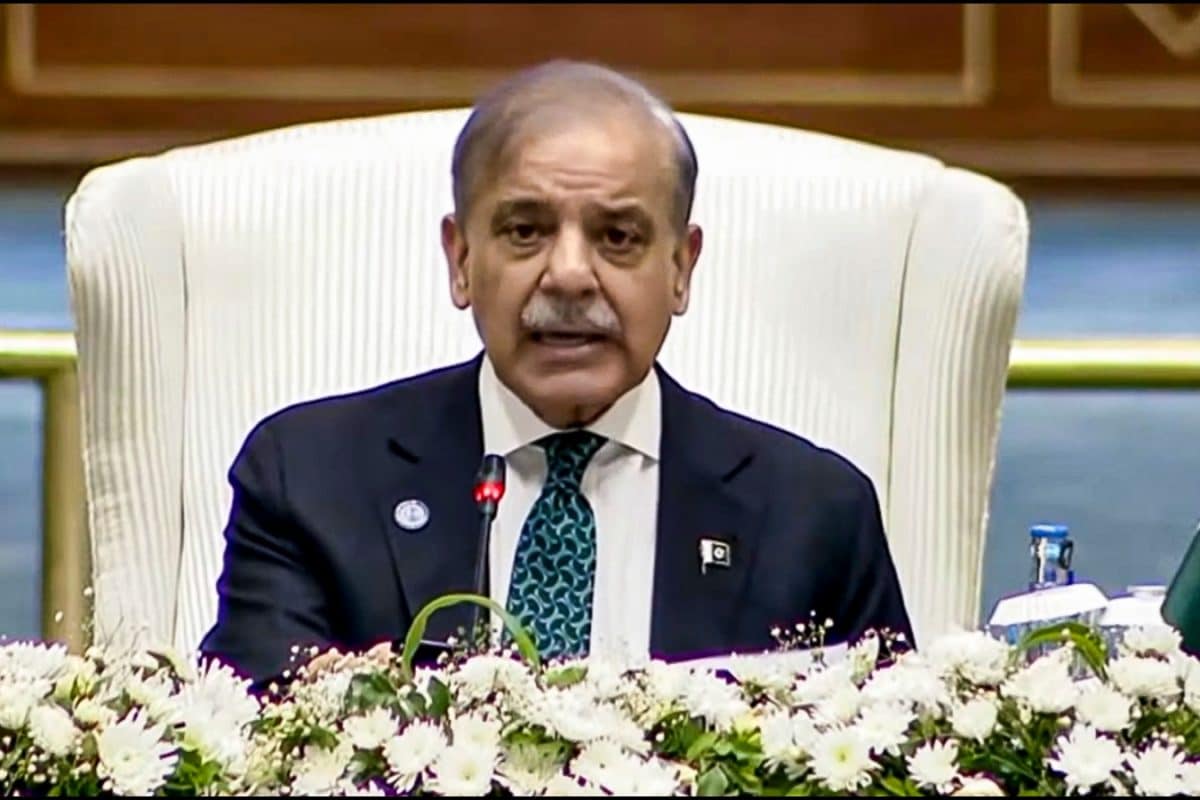

Pakistani Prime Minister Shehbaz Sharif has made a surprising admission regarding the recent military confrontation with India, stating that Indian missiles did, in fact, strike the Nur Khan Airbase and other locations within Pakistan. This acknowledgment contradicts Pakistan's usual stance of denial when it comes to Indian military actions.
Sharif's statement came during a ceremony held at the Pakistan Monument on Friday. He recounted how he was awakened at approximately 2:30 a.m. on May 10 by Army Chief General Asim Munir, who informed him of the Indian missile strikes. Sharif highlighted the use of local technology and Chinese jets by the Pakistan Air Force in response but confirmed that the Indian missiles did hit their intended targets.
The admission has sparked considerable reaction, with Amit Malviya, a leader in India's BJP, noting the significance of Sharif being woken up in the middle of the night with news of strikes deep inside Pakistan. Malviya emphasized that this "speaks volumes about the scale, precision, and boldness of Operation Sindoor".
Operation Sindoor was reportedly launched by India on May 7 as a response to the April 22 terror attack in Pahalgam, which resulted in the deaths of 26 people. India has blamed Pakistan for backing the militant attack, which Islamabad has denied. The operation saw Indian armed forces targeting what they claimed to be terror infrastructure in Pakistan and Pakistan-occupied Jammu and Kashmir.
The strikes have led to a period of heightened tensions between the two nuclear-armed neighbors, with both sides trading accusations and claims. India has stated that it targeted air defense systems in Pakistan, while Islamabad claimed to have shot down several Indian drones. There were also reports of casualties on both sides, including civilians.
Following the strikes, Prime Minister Sharif condemned India's actions, terming them an "act of war" and vowing retaliation. He stated that Pakistan reserves the right to respond "at a time and place of its own choosing".
The international community has expressed concern over the escalating tensions, with the UN Secretary-General calling for maximum military restraint from both countries. Qatar also offered to play a constructive role in de-escalating tensions and promoting peace.
In the aftermath of the confrontation, there have been some signals of a potential de-escalation. India and Pakistan reportedly reached an understanding on May 10 to end the military confrontation. Sharif stated that Islamabad and New Delhi should sit down and settle their outstanding issues, including Kashmir. However, India has maintained that it will only engage in dialogue with Pakistan on the return of Pakistan-occupied Kashmir and the issue of terrorism.